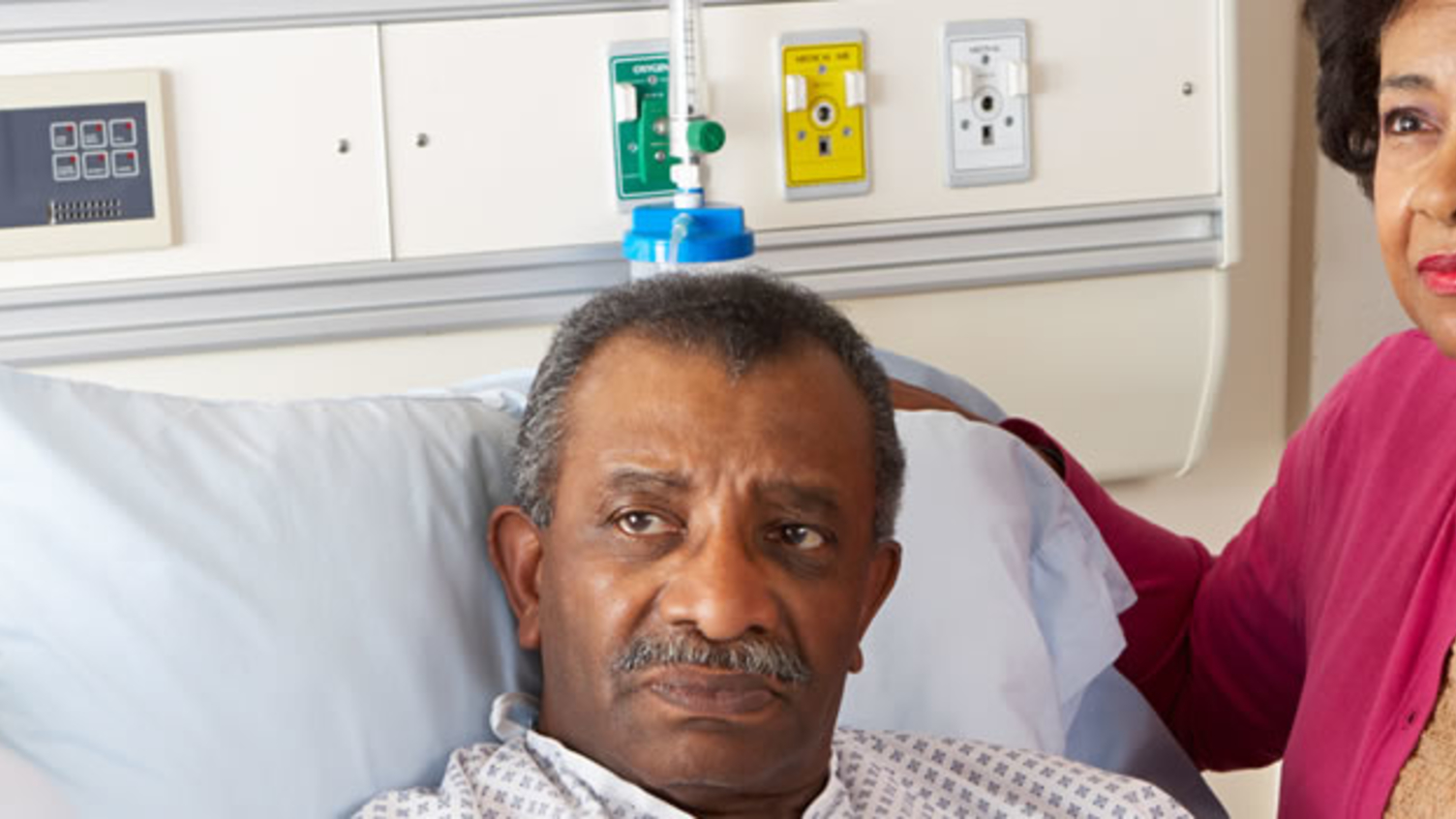Kidney transplant

About this PSP
This PSP was led by the Centre for Evidence in Transplantation, a group established in 2005 with the aim of improving the quality and availability of evidence in the field of solid organ transplantation. The PSP was funded and co-ordinated by the NIHR Oxford Biomedical Research Centre.
The Kidney Transplant PSP published its Top 10 in February 2016.
PSP website
Articles and publications
Impact after the Top 10
Key documents
Top 10 priorities
(in no order of priority):
- What is the best way to treat vascular or antibody-mediated acute rejection?
- How can immunosuppression be personalised to the individual patients to improve the results of transplantation?
- How can we prevent sensitisation in patients with a failing transplant, to improve their chances of another successful transplant (e.g. removal of the transplant, withdrawal of immunosuppressive medicines or continuation of these medicines?)
- Can we improve monitoring of the level of immunosuppression to achieve better balance between risk of rejection and side effects? (e.g. T-cell or B-cell ELISPOT, point-of-care tacrolimus monitoring, MMF monitoring)
- How can we improve transplant rates in highly sensitised patients?
- What are the long-term health risks to the living kidney donor?
- How can we encourage tolerance to the transplant to prevent or reduce the need for immunosuppression? (e.g. by use of T-regulatory cells, induction of haemoxygenase 1)
- What is the best combination of immunosuppressive drugs following kidney transplantation? (e.g. azathioprine or mycophenolate, belatacept, generic or proprietary (brand-name) drugs)
- What techniques to preserve, condition and transport the kidney before transplantation allow increased preservation times and/or improve results? (e.g. machine perfusion, normothermic reconditioning, addition of agents to the perfusate)
- Can bioengineered organs be developed to be as safe as human-to-human transplants? How can this be achieved?
The remaining questions discussed at the workshop were (in no order of priority):
- Which combinations of immunosuppressive drugs can minimise side effects in kidney transplant recipients (such as infections, diarrhoea, malignancy)?
- For which patients is transplantation not suitable (considering factors such as age, body mass index, history of cancer, co-morbidities)?
- How can we increase the number of potential living donors coming forward, and the proportion proceeding to donation?
- What is the best method of sharing deceased donor kidneys to ensure fair access to all age groups whilst minimising waiting times?
- Does routine screening for and treatment of donor-specific antibodies improve outcomes? What is the most effective treatment?
- How can we ensure fair and equal access to transplantation across the UK?
- What is the best way of educating patients about transplantation before their operation?
- For blood group incompatible transplants, which treatments most effectively reduce antibody levels and improve the safety and outcomes of the operation?
- Which treatments work best to prolong the life of the kidney transplant (for example different immunosuppression, blood pressure control)?
- How can we match organs to recipients to ensure the best overall outcomes (for example by age, nephron dosing)?
- How do we prevent the original cause of kidney failure returning (for example glomerulonephritis) following kidney transplant?
- What tests are required to determine whether a transplant is a suitable option for a patient?
- What approaches improve outcomes in adolescent and young adult kidney transplant recipients?
- Is there a reliable way for us to assess the suitability of individual organs for transplantation, and to predict outcomes?
Document downloads
To see more uncertainties identified for Kidney Transplant see the documents below